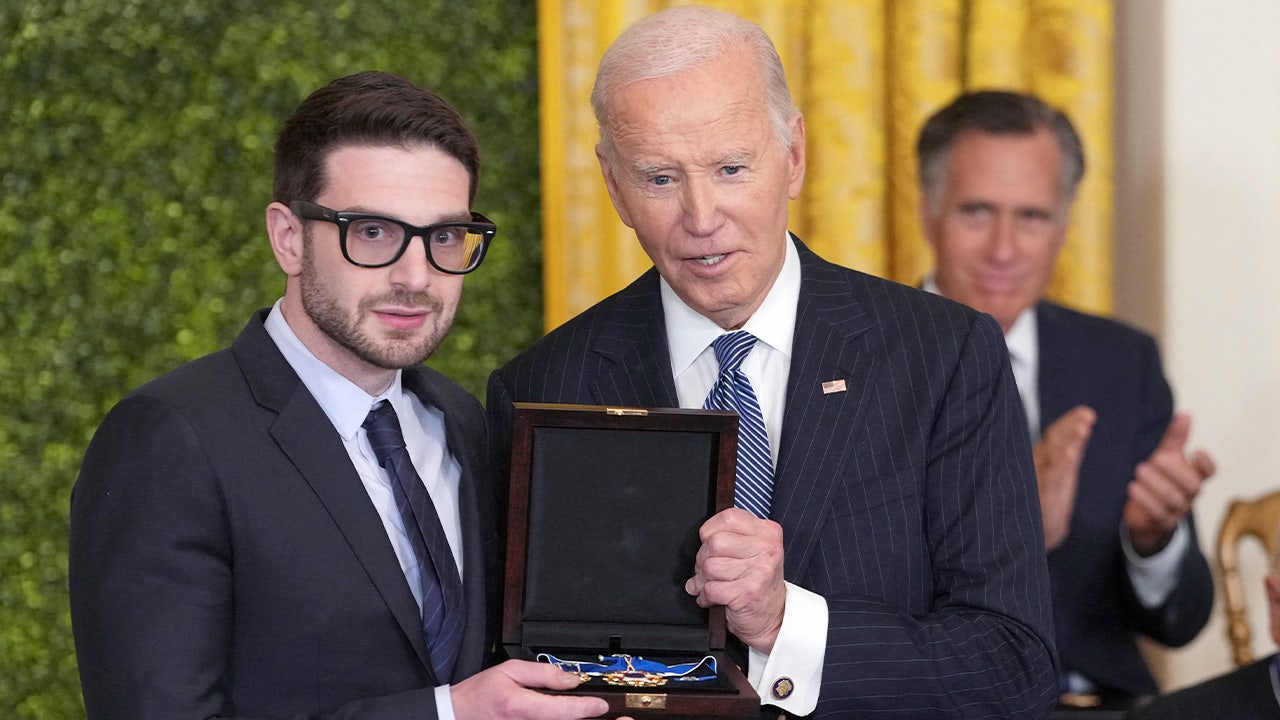On Wednesday, May 15, the U.S. Supreme Court is scheduled to hear arguments in a group of cases that could significantly alter the power of federal district court judges to issue nationwide injunctions — a controversial legal tool that has been increasingly used in recent years to block federal laws and policies across the country.
At issue is whether individual district court judges have the constitutional authority to halt enforcement of federal laws or executive policies not just for the plaintiffs in a particular case, but for everyone nationwide.
The Court’s decision could reshape how future legal challenges against federal actions proceed and how quickly national policies can be blocked.
Trump’s Sovereign Wealth Fund: What Could It Mean For Your Money?
Typically, when a district court rules in favor of a plaintiff challenging a federal policy, the resulting injunction applies only to that plaintiff.
However, in recent decades, some federal judges have expanded their reach by issuing what are known as “universal” or “nationwide” injunctions — court orders that stop the federal government from enforcing a policy altogether, for all Americans.
While relatively rare in the past, these sweeping injunctions have grown more common.
According to court records, only 27 universal injunctions were issued in the United States before the 21st century.
This Could Be the Most Important Video Gun Owners Watch All Year
That number has surged since.
President Donald Trump was hit with more than 14 such injunctions during his first four months in office — exceeding the total that Joe Biden encountered during his entire four-year term.
Critics argue that these injunctions grant excessive power to individual judges, allowing them to effectively nullify federal laws or regulations passed by Congress, implemented by federal agencies, or enacted by the White House.
These decisions often arise from preliminary hearings that lack full evidentiary records or the deliberation typically associated with a full trial.
The process can result in federal policies being frozen within days — or even hours — of being announced.
Because the impact is nationwide, the federal government is often forced to rapidly appeal these rulings, sometimes all the way to the Supreme Court, disrupting the judicial process and bypassing the usual route of legal review through multiple courts.
Legal experts and jurists from across the political spectrum have raised alarms about the practice.
Supreme Court Justices Neil Gorsuch and Clarence Thomas — both appointed by Republican presidents — as well as Justice Elena Kagan, a Democrat appointee, have expressed concern over the use of universal injunctions and their impact on the legal system.
Solicitor generals under both the Trump and Biden administrations have petitioned the Supreme Court to restrict or eliminate the use of universal injunctions.
These top federal attorneys have argued that allowing single district court judges to freeze federal policies across the nation undermines both judicial consistency and democratic governance.
Another concern cited by critics is that these injunctions often prevent the normal legal “percolation” process, where multiple lower courts weigh in on an issue over time, allowing for a more informed and balanced resolution by the Supreme Court.
The rush to decide major legal questions without the benefit of this deliberation, they argue, risks producing less robust and more politicized rulings.
Supporters of universal injunctions, meanwhile, argue they are sometimes necessary to prevent widespread harm from unconstitutional policies, especially in cases where immediate action is required.
However, both conservative and liberal legal voices appear increasingly unified in questioning whether district courts should wield such sweeping authority.
The Supreme Court’s ruling, expected later this term, could determine whether universal injunctions will remain a fixture of the American legal system or be relegated to history.
If the Court decides to rein in this judicial power, it would mark a significant shift in how legal challenges to federal authority are litigated in the future.
WATCH:
Connect with Vetted Off-Duty Cops to Instantly Fulfill Your Security Needs
Read the full article here


![Supreme Court May Finally Check Power-Hungry District Judges [WATCH] Supreme Court May Finally Check Power-Hungry District Judges [WATCH]](https://www.lifezette.com/wp-content/uploads/2025/05/2025.05.09-06.44-lifezette-681e4d20c4474.jpg)









